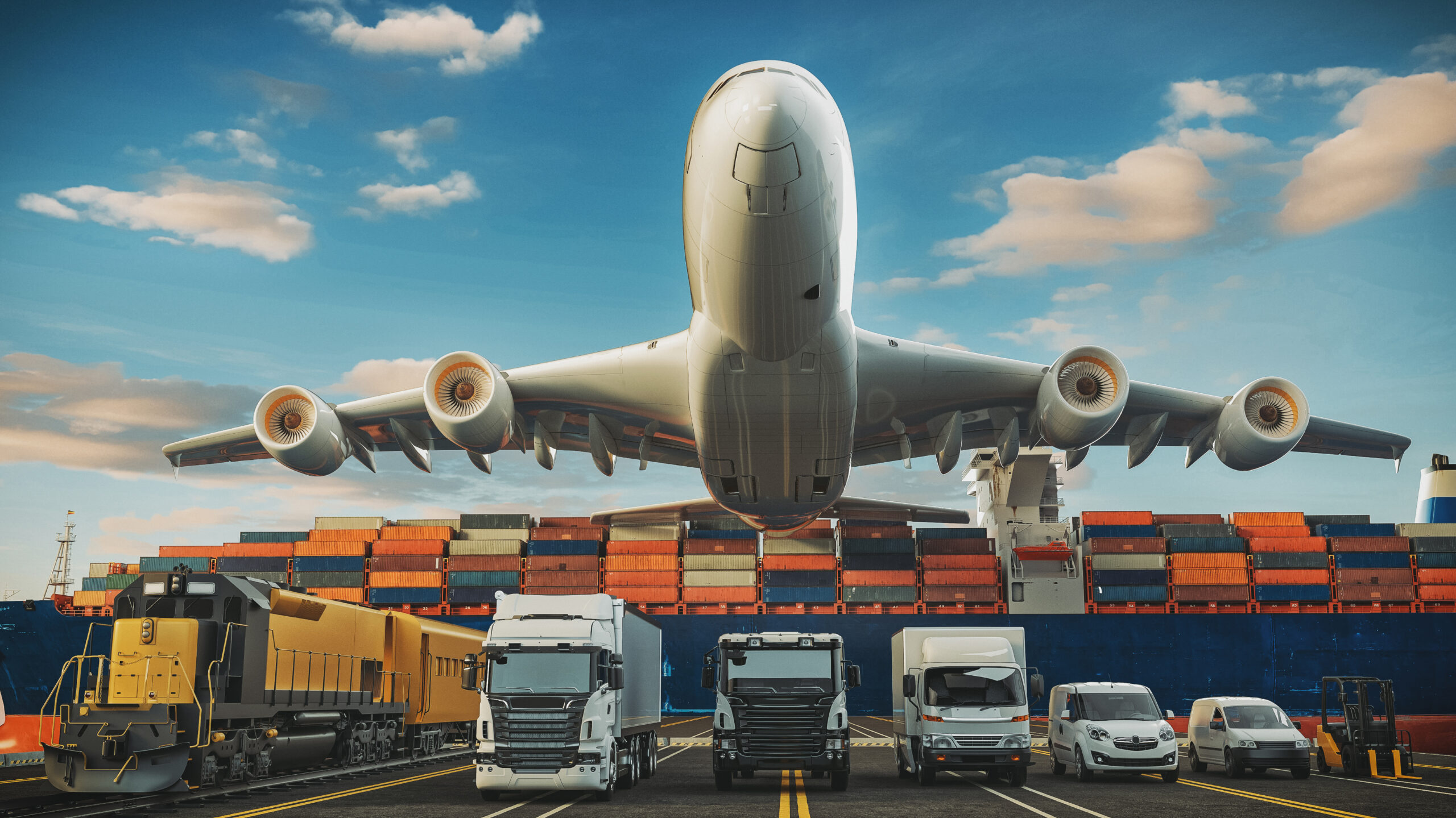In today’s fast-paced global economy, logistics companies play a crucial role in ensuring the seamless movement of goods and services across various markets. From managing supply chain operations to optimizing transportation networks, these companies are at the forefront of facilitating trade and commerce. Their expertise not only helps businesses reach their customers efficiently but also contributes to the overall growth of industries by providing tailored solutions that meet diverse needs.
This article delves into the multifaceted world of logistics companies, exploring their core functions, technological advancements, and the challenges they face in an increasingly competitive landscape. By understanding the vital contributions of logistics providers, businesses can better appreciate the importance of effective supply chain management and the strategic partnerships that drive success in a dynamic marketplace.
Core Functions of Logistics Companies
Logistics companies perform a variety of essential functions that include warehousing, inventory management, transportation, and order fulfillment. By efficiently coordinating these operations, they ensure that goods are stored properly, tracked accurately, and delivered to their destination on time. The integration of cutting-edge technology, such as real-time tracking systems and data analytics, allows logistics providers to optimize routes and reduce costs, ultimately improving customer satisfaction. For businesses seeking reliable transportation solutions, partnering with a Top Freight And Logistics Company Melbourne can significantly enhance their supply chain performance.

Challenges and Innovations in Logistics
In an era where consumer expectations are rising and market dynamics are constantly shifting, logistics companies face numerous challenges, including fluctuating fuel costs, regulatory compliance, and the need for sustainable practices. To navigate these hurdles, many logistics providers are investing in automation and other technological advancements that streamline operations and reduce human error. Innovations such as artificial intelligence and machine learning are being leveraged to forecast demand more accurately and optimize inventory levels, thus enabling companies to respond swiftly to changes in the marketplace while maintaining a competitive edge.
In conclusion, logistics companies are indispensable players in the global economy, adeptly managing the complexities of supply chain operations and responding to the ever-evolving demands of consumers and businesses alike. Their ability to innovate and adapt to challenges, such as rising costs and sustainability concerns, not only solidifies their relevance but also highlights their critical role in fostering economic growth. As technology continues to advance, the future of logistics promises even greater efficiency and effectiveness, ensuring that goods and services can traverse the globe with unparalleled speed and reliability. By forging strong partnerships and leveraging cutting-edge solutions, logistics companies will continue to drive success for industries, ultimately shaping the landscape of global commerce.


